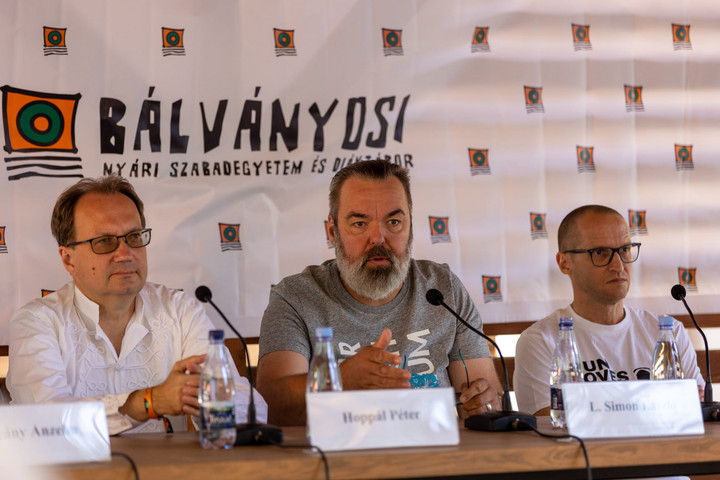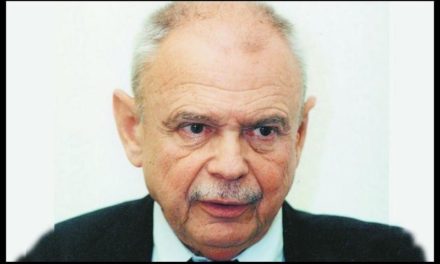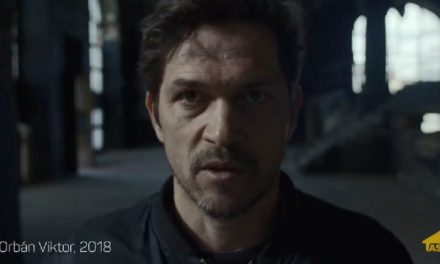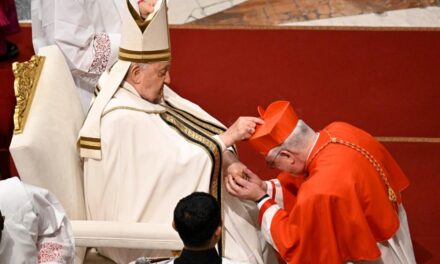Péter Hoppál, State Secretary for Culture, Demeter Szilárd, Director General of the Petőfi Literary Museum and L. Simon László, Director General of the Hungarian National Museum, spoke in front of a full house on Friday in Tusványos. The cultural politicians agreed that the civil government of the past twelve years has brought Hungary a boom not seen since the Millennium, that the infrastructure of cultural institutions has developed to a great extent.
Many institutions have been renovated in the last decade, such as the Várkert bazaar, which had deteriorated during communism, the Pesti and Budai Vigadó, the Academy of Music, the Hungarian State Opera House, and many cultural institutions have also been renovated in the countryside. In addition, several completely new cultural institutions were built as green field investments, such as the Eiffel Workshop House, which is the Opera's new playground, the House of Hungarian Music and the Museum of Ethnography. The latter is also of outstanding importance because no new institution has been built in Budapest in a hundred years that was originally planned as a museum.
The developments are due to the fact that over the past twelve years, the level of state subsidies devoted to the financing of culture has continuously increased. While in the EU, on average, 0.4-0.5 percent of each country's budget is allocated to this purpose, in Hungary, culture funding receives 1-1.3 percent of the entire state budget.
When asked what role culture plays in the self-identity of Hungarian and European people, Péter Hoppál recalled that the Hungarian Prime Minister is said in Europe not to be right, but to be right. He paralleled this with the fact that Central European countries, including Hungary, represent that the Europe of the future must be a Europe of nation-states, and therefore support for patriotism and cultural self-identity is valued.
In contrast, international trends point in a different direction. The European Union gives inadequate answers to the current economic and social challenges, its crisis management is downright decadent, self-destructive, and even suicidal in some cases. The interlocutors agreed that instead of self-giving up, societies proud of their cultural identity and a colorful, rich cultural offer are needed. Today, the native, Christian European culture must compete with a different culture represented by the immigrants.
It was also discussed how a nation's cultural identity can still be maintained. They believed that the available system of innovative cultural tools should be used: the opportunities provided by social media and digitalization should be used and the state cultural institutions should be empowered to reach the younger age group as well. Since the pandemic of the past two years has led to the accelerated disintegration of communities, it is also extremely important to strengthen communities.
Péter Hoppál Sándor Csoóri , who in 1988-89 during the protest against the crazy plan to destroy villages in Transylvania said: "Hungary lost the war, but Romania lost the peace". The State Secretary stated: "Hungary must win peace in the 21st century."
Source: Hungarian Nation
(Header image: Facebook )













